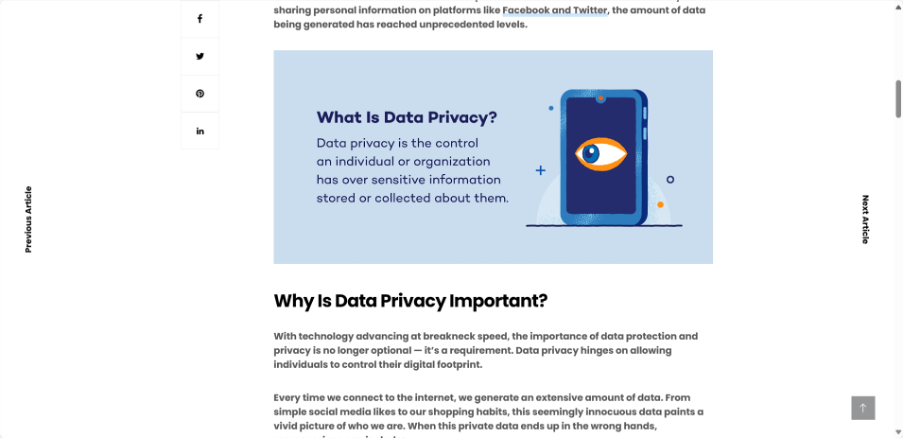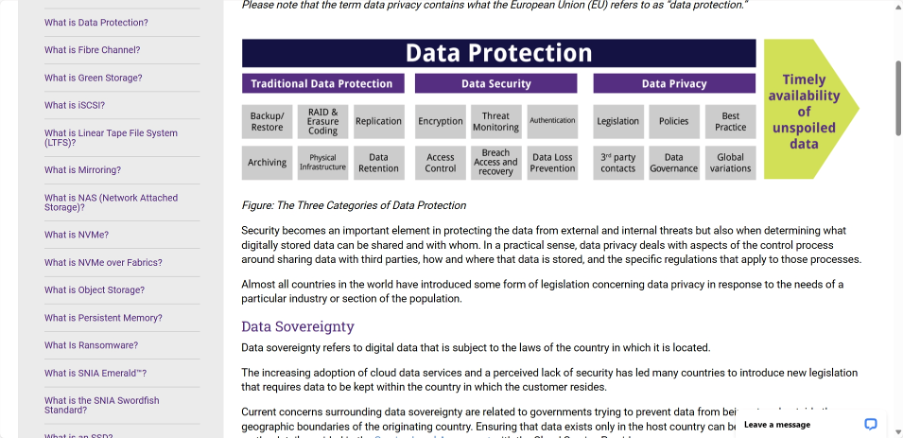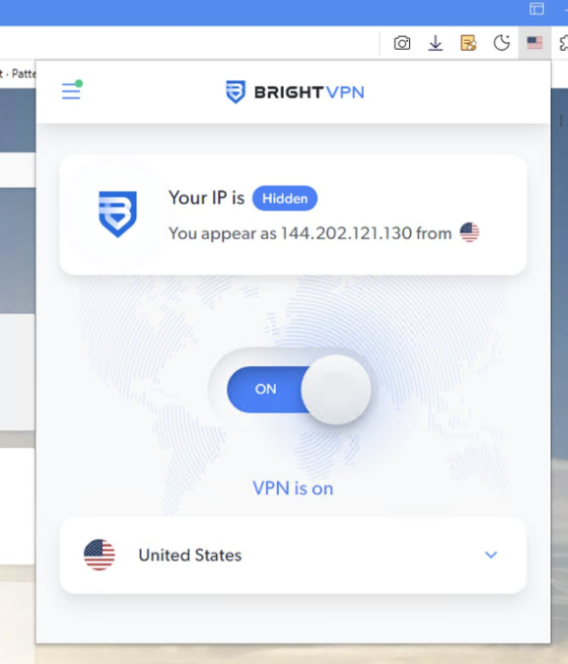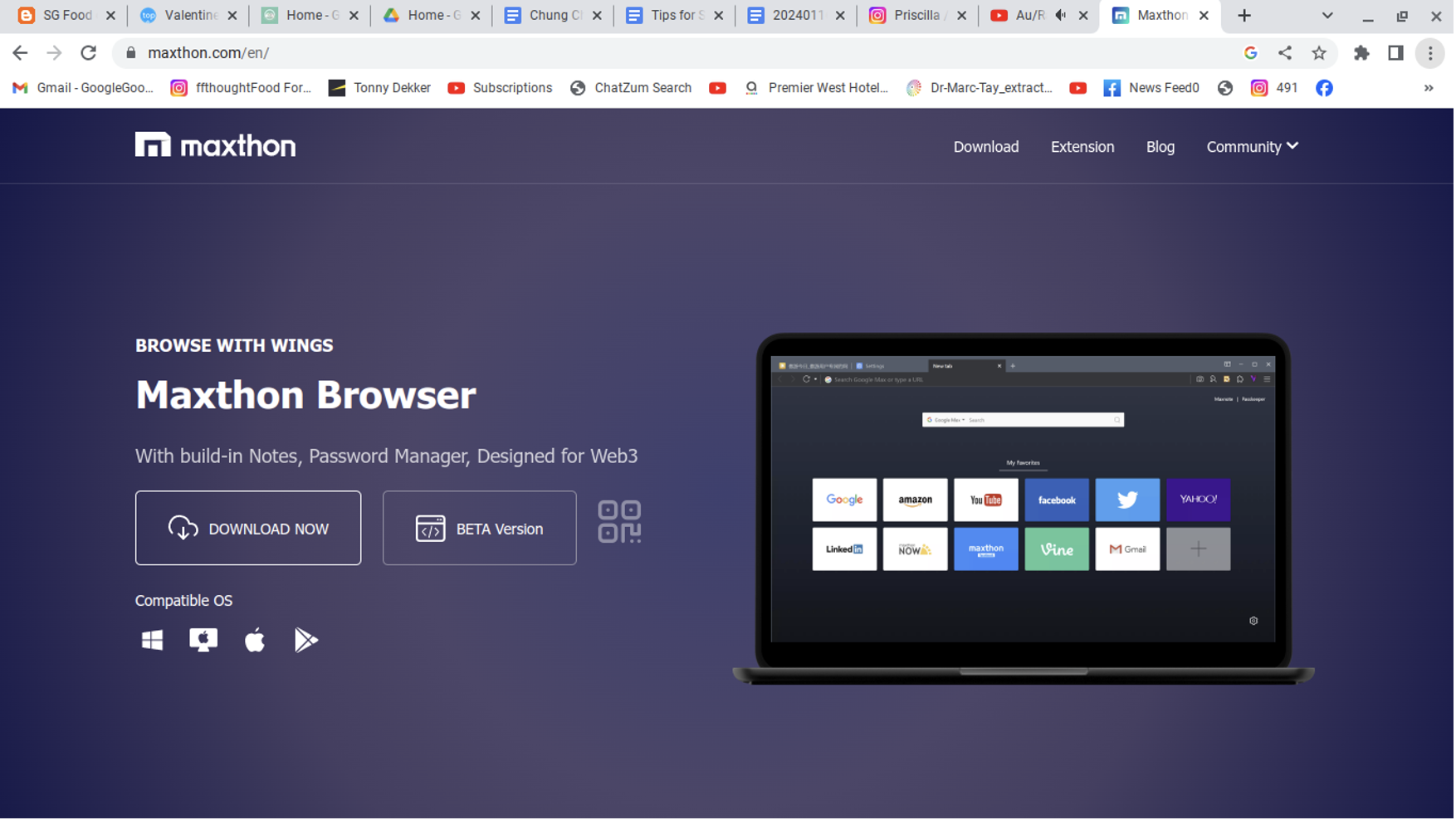Ever wondered why you see advertisement on items or companies you search for on the search engine on multiple platforms? The reason is because companies are able to use data collected related to you to push advertisements to you, these are called behaviour-based advertising. Every step taken by you on the digital world can be tracked and the data can be used to develop intrusive ads on different platforms in different formats.

What is intrusive target advertising?
Understanding and addressing data privacy concerns is essential. Marketers collect customer data, such as demographical and behavioural information, as you engage with their brand. This information is collected via cookies, location information and search data. With this information, marketers can identify their target segment and create personalised marketing messages and visuals to interact and engage.
Intrusive target ads occur when your digital footprint is collected without your permission or unknowingly. Google, one of the world’s most used search engine giant, has been in multiple lawsuits related to unethical methods of data collection of their user’s information.
As a consumer, intrusive advertisement can negatively impact your online experience when advertisements are bombarded at you on different platforms.
How to avoid intrusive advertising?
Unethical data collection has been a hot topic as information collected can expose individuals to dangerous scenarios. As a result, different parties have gotten involved to ensure data collected complies with laws and regulation or allow users to have the option to opt out of having their data collected.
1. Government
Data privacy involves protecting and responsibly using an individual’s personal information, preferences, and activities. With the increase in online customer data, measures have been implemented to safeguard personally identifiable information (PII) like names, dates of birth, email addresses, financial details, and browsing history.
Governments and organisations worldwide are implementing measures to protect personal information, and marketers must comply with data collection regulations. Stay informed about these regulations to ensure compliance.
GDPR privacy laws
GDPR, a data privacy law, has changed how marketers work. It gives people more control over their data and requires businesses to ask for explicit permission before using it. Marketers must now be transparent about data collection and update their privacy policies to comply.
One challenge is explaining how data is used and giving people the choice to opt in or out. This complicates targeting and personalisation efforts, as marketers need permission to use data. GDPR also requires companies to respond to requests from customers to access or delete their data promptly and correctly. Marketers must be prepared to handle these requests to follow the law.
Privacy laws are changing in the US as data privacy becomes more important worldwide. While the US doesn’t have a national privacy law like the EU’s GDPR, individual states are taking steps to protect people’s privacy. California has the California Consumer Privacy Act (CCPA) since January 2020.
This law lets Californians know what data companies collect about them and who they share it with and allows them to delete it. People can also choose not to have their information sold to others. Other states, like Virginia, are following California’s example. Virginia passed the Virginia Consumer Data Protection Act (VCDPA) in March 2021, giving its residents more control over their data, including the right to transparency, access, deletion, and opting out.

2. Private businesses
Apple’s privacy updates are causing challenges for marketers. One example is the Mail Privacy Protection (MPP) feature, which opens incoming emails to protect user privacy. This feature hides IP addresses and prevents tracking of the recipient’s location and online activity. Apple’s recent iOS 17 updates also focus on protecting user data and privacy, making it harder for marketers to track engagement.
For instance, Link Tracking Protection in iOS 17 removes tracking parameters from messages, mail, and links, making it difficult to link interactions to specific users. Despite these challenges, link tracking remains a helpful metric, with only certain link types being affected.
Ensuring ethical data collection practices is essential for fostering trust with customers. When customers are hesitant to share their data, it can hinder their overall experience.
3. Yourself
You can also play a part to protect your own online data privacy through methods such as using private browsers such as Maxthon that prioritises data privacy of their users. Maxthon browser prioritizes data privacy by incorporating advanced encryption measures to protect users’ personal information. It ensures that user data is anonymized and not shared with third parties without consent.

By minimizing data collection, Maxthon reduces the risk of potential security breaches or privacy violations. Additionally, the browser offers robust privacy settings that allow users to control what information is collected and stored.
Maxthon takes a proactive approach to enhancing security and protecting user privacy by minimizing the collection of unnecessary data. By reducing the amount of personal information gathered, the risk of potential security breaches or privacy violations is significantly lowered. Additionally, Maxthon provides users with robust privacy settings that allow for greater control over their online activities.
These privacy settings include options to block unwanted tracking cookies, enable private browsing mode, and customize cookie permissions on a site-by-site basis. Users can also choose to opt-out of personalized advertisements and prevent websites from accessing their location or webcam without permission. With these features in place, Maxthon ensures that users can browse the internet securely and with peace of mind knowing their data is protected.
Maxthon, as a leading web browser, understands the importance of protecting user data. To ensure the highest level of security, the company conducts regular audits to assess its data protection measures. These audits help identify any potential vulnerabilities and ensure compliance with industry standards. Additionally, Maxthon focuses on implementing timely security updates to address any emerging threats or issues.

By staying proactive in evaluating its data protection practices, Maxthon demonstrates a commitment to safeguarding user information. The company prioritizes staying informed about the latest security trends and technologies to enhance its defenses against cyber threats. Through these continuous efforts, Maxthon aims to provide users with a secure browsing experience that instills trust and confidence in their data privacy.
Through regular audits and security updates, Maxthon constantly evaluates its data protection practices to adhere to the latest industry standards. Users can also benefit from features like built-in ad blockers and anti-tracking tools for a more secure browsing experience. Overall, Maxthon puts an emphasis on maintaining user trust through transparent data handling policies and proactive measures to safeguard sensitive information.
